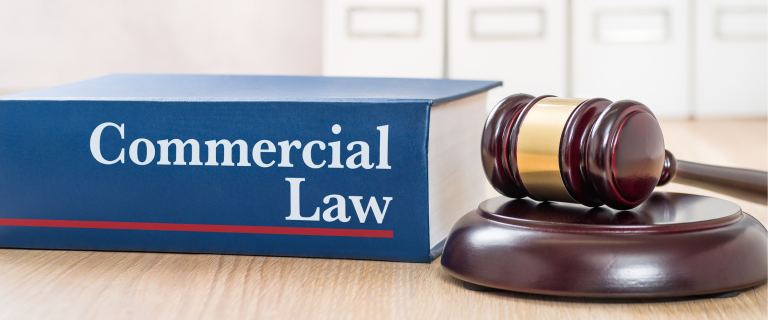When two or more companies decide to pool their resources to complete a certain goal, a joint venture is created. This may be a brand-new endeavor or an additional business venture. Parties involved in a joint venture must execute a contract.
Any joint venture agreement lawyer would explain the importance of adding elements like particular terms and clauses to your agreement. But what are these elements? Let’s find out. This article explores some of the most important items to add to a joint venture agreement.
8 Things To Include In Your Joint Ventures Agreement
Now that you are aware of what a joint venture is let’s examine the specific contents of a joint venture agreement. Remember that consulting a commercial agreements lawyer in Perth for advice and agreement review is usually a smart idea when drafting a joint venture agreement.
By doing this, you can safeguard your interests and possibly avert future conflicts. Nevertheless, here are the things/elements to add to your agreement:
1. Details of The Participating Companies
Each participating company’s details should be included in the joint venture agreement. You should provide a list of the businesses involved in the agreement, along with their respective activities and any other relevant information.
2. The Joint Venture’s Objectives
The goal of the joint venture and the parties’ intention to form one should be made crystal clear in the agreement. This kind of mission statement serves to control expectations for one reason, among others. However, joint ventures usually come to an end when the declared objective is reached. So, small business lawyers in Perth must specify the mutually advantageous goal or goals that the partnering companies have in mind.
3. Rights and Obligations
Those who enter into legal documents are granted a variety of privileges and responsibilities. Rights and obligations are fundamental responsibilities, expectations, or tasks that guarantee members stay inside the agreed-upon legal bounds outlined in the agreement.
Joint venture agreements’ rights and obligations also encourage some participants to work towards the venture’s objectives. A well-written joint venture agreement will outline the specific material and intangible resources that partners must provide.
4. Profit and Loss Sharing
How will the joint venture’s participating entities split profits and losses? To prevent misconceptions that can cause the agreement’s insecurities, this needs to be made clear. So, to ensure that everyone is aware of how they will profit from the arrangement, the agreement should contain provisions for profit and loss sharing.
5. Sharing Resources
Through joint ventures, established companies can pool their resources to achieve a certain objective. A business may contribute money, resources, labor, experience, or skills. You need to specify in a joint venture agreement what resources each firm will provide.
6. Dissolution Terms
It’s common for joint venture agreements to (finally) expire. Dissolution clauses are specifically designed to ensure a smooth conclusion free from disputes regarding ownership or profits.
Dissolution conditions, for instance, can include dispute resolution procedures to settle disagreements regarding the circumstances on which the joint venture will be dissolved and can invoke special clauses if no agreement is achieved.
7. Termination and Duration
Joint ventures usually come to an end when the agreed-upon objectives are achieved. A time restriction for the joint venture or any trigger event that will start wind-down operations might be included in the agreement.
Terminating the joint venture and determining what will happen to any leftover assets and liabilities should be done in an organized and transparent manner.
8. Signatures
A joint venture agreement must be correctly executed by the pertinent parties and entities for it to be enforceable.
Their first and last legal names, firm names, and any other titles they may own contain every member who is a party to the joint venture. Never forget to include the date that the agreement enters into force.
Conclusion
You may be asking yourself, “How do I escape the possible risks that come with committing to a joint venture agreement?” now that you understand why you should be in one. To protect your interests, any legally enforceable agreement should be properly prepared by lawyers. The best business settlement lawyers in Perth are prepared to collaborate with you and your partners to guarantee the success of your joint venture.









